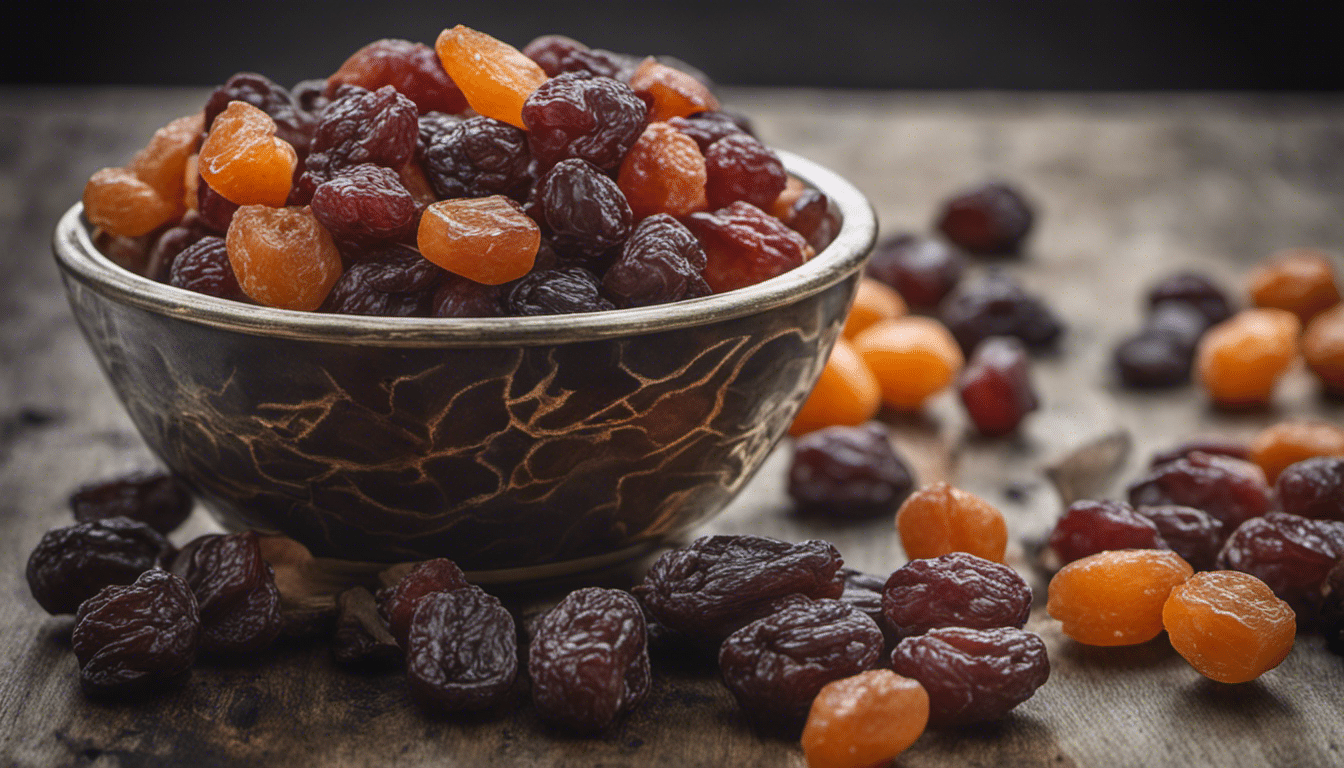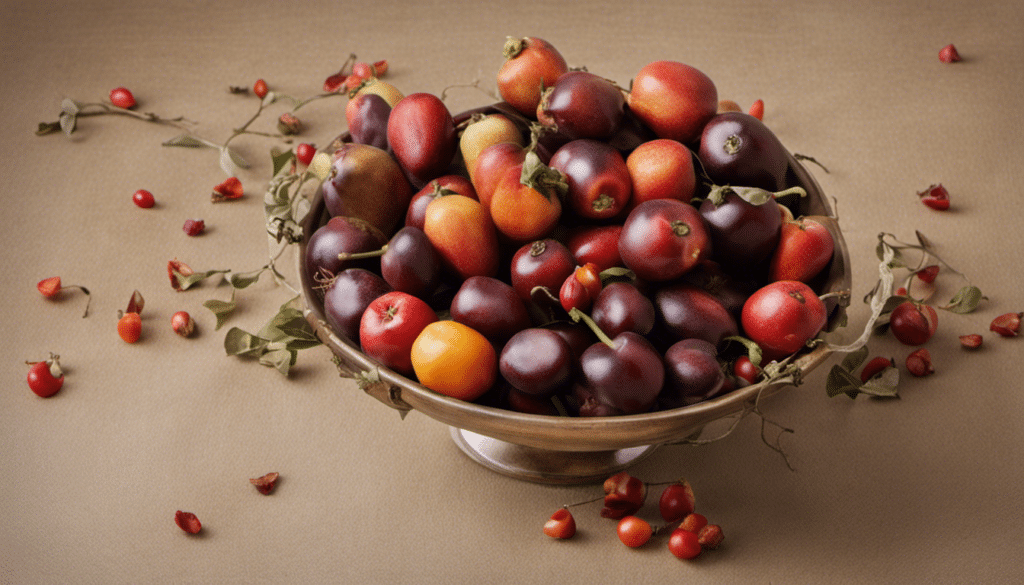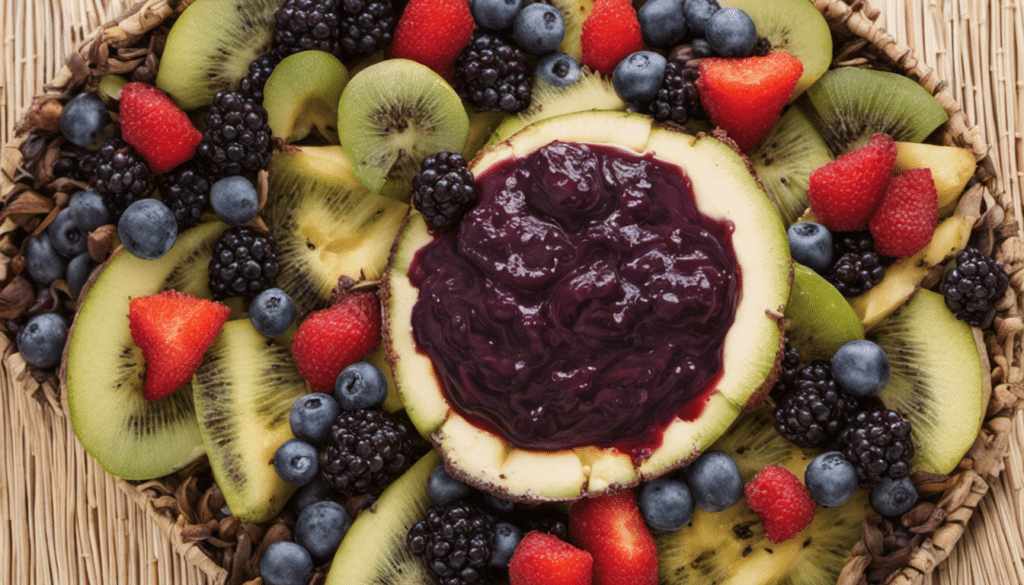All About Raisins
Despite their tiny size and wrinkled appearance, raisins pack a nutritional punch that earns them a revered spot in the world of healthy snacks. Delicately sweet and rich in essential nutrients, these dried fruits are a veritable powerhouse when it comes to health benefits. But before we delve into the virtues of consuming raisins, let’s understand a bit more about their origins and processing.
The Evolution of Raisins: From Grapes to Snacking Goodness
Raisins are essentially dried grapes, a transformation that occurs via sun drying, shade drying, or other drying methods. The lengthy and careful drying process is what gives the raisins their unique texture and concentrated flavor. Native to the Middle East and Mediterranean region, raisins are now grown and consumed globally, fitting seamlessly into a myriad of culinary profiles, from salads and main dishes to desserts and snacks.
Health and Nutritional Value of Raisins
Though their modest size might be deceptive, raisins are brimming with nutrients. A typical serving of raisins contains dietary fiber, proteins, dietary minerals such as iron and potassium, and vitamins such as vitamin C and vitamin K.
Raisins are also an excellent source of carbohydrate, providing a quick and efficient energy boost. Plus, these tiny dried fruits contain a modest amount of calories, which makes them a satiating, yet waistline-friendly, snack.
Raisins are also rich in both soluble and insoluble fiber, which aids in improving digestion. By soaking up water, insoluble fiber can provide relief from constipation. On the other hand, soluble fiber promotes a healthy gut by increasing the beneficial bacteria in the gut. Research suggests that these ingredients make raisins a natural remedy for digestion problems.
Antioxidants and Heart Health
Raisins are laden with antioxidants, which are known to combat the harmful effects of free radicals in the body. These antioxidants, along with compounds called phytonutrients, can help protect against heart disease, cancer, and other diseases associated with aging.
Beyond their natural sweetness, raisins also have properties that could help control blood sugar levels. Among other things, they have been found to contain a significant amount of natural fructose and glucose. Consuming raisins, therefore, can satisfy your sweet tooth while providing a sustained energy release to help manage your blood glucose levels. A study even showed that consuming raisins could lead to a lower post-meal glucose response compared to other snack options.
As a rich source of potassium and antioxidants, raisins can also contribute towards keeping a healthy heart. Studies have shown that the high potassium levels in raisins can help reduce blood pressure and lower the risk of stroke.
Ensuring a Place for Raisins in Your Diet
With all these health benefits packed into one small fruit, it’s clear that raisins are a must for anyone wanting to maintain a healthy lifestyle. They can be used as a topping on your cereal or yogurt, added to trail mix, or simply eaten on their own for a quick and healthful snack.
Just remember, even though raisins are natural and packed with health benefits, they are also high in sugar and calories, so they should be consumed in moderation. Make sure to include raisins as part of a balanced diet to tap into their maximum health potential.




